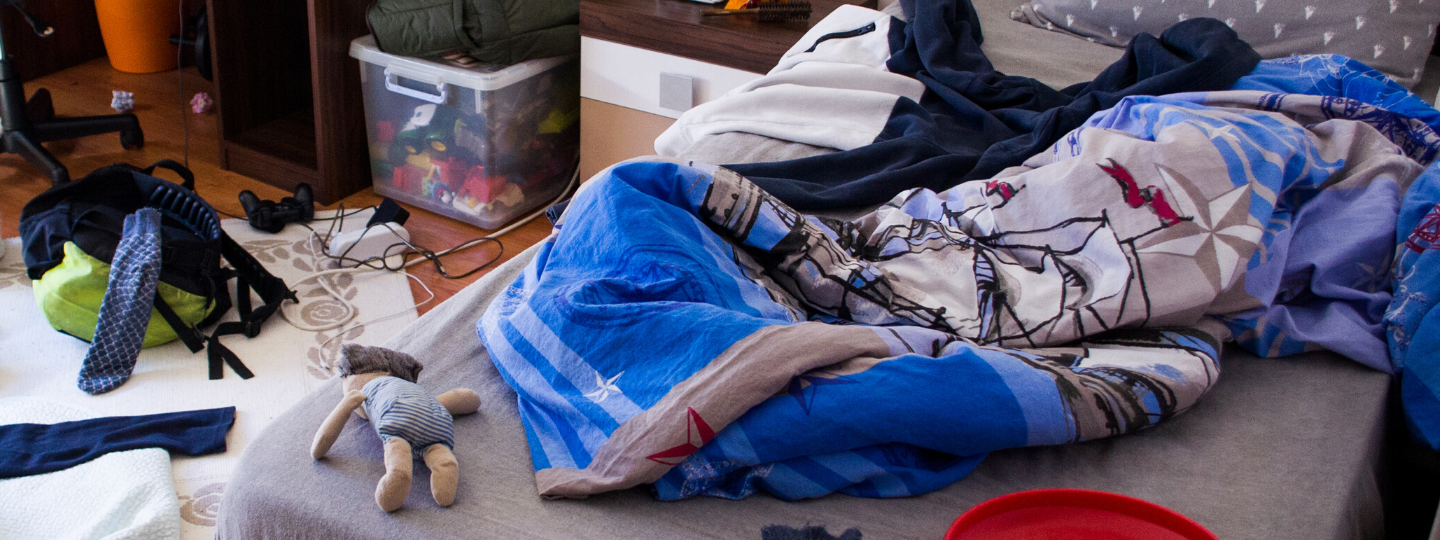If you’re feeling anxious about the Leaving Cert, you’re not alone.
In 2021, students were given the choice between sitting the exam, receiving an accredited grade, or both. Approximately 58% chose to sit the exam in some capacity.
2022 sees the Leaving Cert return to a more traditional format while incorporating more choice for students. This document has the adjusted assessment arrangements for taking state exams this June. The adjustments are designed to take account of the disrupted learning experienced by students during the pandemic.
The updated system might cause extra stress for some, in an already stressful year. Find tips for managing anxiety here. We also have more advice below.
In this article, you will find:














